That’s kind of what this is about. It’s about putting it all out there. Restarting. Rekindling the fire. Getting the ball rolling again.
What’s in a moniker? Vancouver Sleep Clinic—fronted by 22-year-old Brisbane artist Tim Bettinson—is casually upfront about his. According to the Internet: Sleep Clinic because it “felt like it could be the type of atmospheric music that people could fall asleep to.” Not out of boredom—let’s be clear about that. And Vancouver because “it looks like a beautiful place.” How unfussy!
This month saw a surge of new music from VSC with two EPs: Therapy Phase 01 and Therapy Phase 02. These are telling titles. A quick rewind: Bettinson first hit the music scene back in 2013, but his debut album Revival wouldn’t hit shelves until 2017, nearly two years after its completion. It was a tumultuous time for the artist, warring and taking blows, fighting to get out of his recording contract. Bettinson finally split from his label some months ago. Now he has found creative liberation, free to do whatever the hell he pleases as a free-minded, independent artist.
If there’s a constant to VSC moving forward, it’s undoubtedly in Bettinson’s ability to open up emotional floodgates. Therapy Phase 01’s “Ayahuasca,” for instance—aptly named after the mind-altering substance used as traditional medicine in ceremonies amongst the indigenous people of the Amazon basin—washes over you in heavenly waves of tranquil bass and soothing vocals that illuminate a glowing sound. His sonic tapestries have always been heartfelt and cinematic, and it’s no mystery as to why they always seem to find placements on TV shows that could use a boost in that department. Most notable among them are tracks like “Vapour” and “Someone to Stay.”
To commemorate Bettinson’s independence and the beginning of a new chapter in the artist’s evolution, Anthem presents a special edition of This Course. The goal of this ongoing series of food and talk is to keep things as transparent as possible. It’s essentially an open dialogue, in this instance over coffee at Café at the Park in Vienna, where we discuss a myriad of things, including Bettinson’s journey to here, the things he has learned, and what he has in store for ‘18 and beyond.
Vancouver Sleep Clinic is currently touring Europe, Australia, and New Zealand. Full dates here.
It was interesting to read about how “Ayahuasca” came together. You locked yourself away for a few days in L.A. It sounds like a conceptual, songwriting experiment.
Yeah! It wasn’t like a literal one—I could open the door. [Laughs] Basically, that was me for three days. I bought a bunch of groceries and these LED lights, and that song is obviously long so it was this journey where I wanted to keep adding different things and it kept growing. That was a fun experience because that was just me. I worked with a producer on a lot of the other songs, but on that one, I started playing the guitar one night and that’s how it started. It was me from start to end. It was a lot of things that I wanted to express over those three days.
It’s like going back to the basics: an artist with total creative freedom and doing it independently, exactly in the way you want to do it and going where the music takes you.
Yeah, exactly. That’s how I started making music when I was 17 in my bedroom. It was great to go back to that. I’ve done that on some other songs as well so that’s not the only one. I remember as a kid going into CD shops with my dad and going through a bunch of CDs and they would have track times on the back. I would try to find the longest songs in the shop and that would be the CDs I would get. As a three-year-old, I had this instinct to go for the journey of songs—experimental, long ones going outside the conventional and exactly where the song wants to take you.
Much of the conversation surrounding Vancouver Sleep Clinic as of late has focused on your record label troubles. Is that cathartic to talk about or is it more of a nuisance for you?
No, it’s fine. Obviously, it was a really frustrating time more than anything. It wasn’t so much resentment as it was frustration about the time that I lost. But you know, especially in the last few months, I’ve put that way behind me. I’m just focused on being positive and making songs in the right mindset because a lot of those songs admittedly were quite cold and bitter. And they were honest like a lot of the newest songs—it’s still honest because that’s what I was feeling at the time. But now that it’s all behind me, I’m focused on making songs out of love and out of desire to connect with people and to help people in any way that I can. So I think that’s the most important thing for me right now: leaving that in the past and accept that it happened. I got some songs out of it and I like the songs and they’re important to me as a person in my growth as an artist. Now I need to focus on what’s next and how I’m gonna inspire people with positivity.
Is touring a vital part of that process for you? You see the connection right in front of you.
Yeah. For me, I need this to keep me going. When you’re locked away for a year, it’s hard to stay motivated for a lot of reasons, but one being that you feel very distant from your fans. You’re locked away in the studio every day. When you go on tour, seeing how your music can emotionally affect people on the other side of the world is really empowering to me and gets me excited to make the next thing because it reminds you that what you’re doing isn’t wasted. Even if it’s one person on the whole tour that writes me a nice letter or even gives me a big hug, that’s enough for me to be like, “Okay, I’m helping one person.” That’s enough for me to go write more music. It’s been a really important time for me to be touring and getting back out there.
How does it feel to have these EPs out now and how long was this in the making for?
The EPs happened over the course of the year that I was stuck on the label deal. I wasn’t even trying to make EPs—I was trying to make as many songs as I could because I had all these things to say at the time. I mean, it’s great, man. The great thing about having these EPs out is that they’re still pretty fresh to me. Some of these songs I finished just a couple of months ago so I’m still kind of riding the wave of that energy, which is important. Most of the album was finished by the time I was 19. Then there was this year and a half of stuff that got in the way of it coming out. That can really kill the vibe for an artist where by the time it comes out, you’re bored of the songs and you’re making new songs. So it’s been cool to have these EPs come out while I’m still excited about them, and playing them live now is great. It’s new to everyone else, and it’s new to me.
So with the Revival LP, you felt distant from that material when it came out?
Yeah, for sure. It’s a hard thing to describe. There was a time when those songs were important to me and I really love them. But the whole process of trying to get it out was so draining that it was hard to be excited about it when it came out. Obviously, for the fans, it’s exciting because I haven’t put out an album for two years. They see an album and it’s the best thing ever because “He’s finally done something!” But for me, it was hard to connect on that level just because I had to go through all of the grind and the things that no one’s really aware of or how much was involved in getting that album out. There are still songs that I really love on the album and I don’t regret the album at all. I just wish that album came out when I was 18 or 19 when I was making it because that’s where I was at that time in my life. That came out when I was almost 21 and I’d moved on from those influences and a lot of the themes and lyrics. It was just a bit different from what I was hoping. But in saying that, touring it and seeing the people who loved the album definitely made me really happy and inspired me to keep going.
That’s such a significant phase in anyone’s life. Also, the fans and listeners are not privy to what’s really happening on the back-end of all of this. All they want is new stuff.
Yeah, it’s crazy man. [Laughs] The attention span of people now… I know because I used to be that kid as well. I remember being 15 and sending emails to my favorite bands: “It’s been a year. Where’s your album?” It’s like, “Why does this album sound different?” You’re not allowed to change the sound. I used to be that kid. I guess you just have to deal with it, especially now. Everyone releases music so quickly. You have to try and keep up with everyone’s attention span.
Everything is connected: the artist’s enthusiasm at any given time, what they’re going through that we don’t see from the outside filtered in, how that informs the music’s distributution, the packaging, how everything is addressed…
A hundred percent.
I noticed that a lot of your music has found placement on TV shows and stuff like that. How much of a say did you have about that in the past and have you ever said “No” to things?
You know—I’m generally very excited about having my stuff in movies and TV shows. I think there’s maybe one or two things that I’ve said “No” to just because I think it was the wrong environment for the song. But generally, I just love it. I love seeing people, just as a principle, creating their own artform. I love blending visuals to music. One of my passions is actually soundtrack music and I would love to one day write a score. For my birthday last year, my dad bought me copies of everything that I’ve been put in, which is sick. I have them on my bookshelf now. I don’t know how many people watch DVDs anymore, but I have the physical memorabilia of random things that I’ve been put in. I love it, man.
It’s very telling that they gravitate towards your music. It gives them a certain emotional boost to what the scenes require. Your music has always been very heartfelt and cinematic in a lot of ways. What kind of movie do you think you might want to score?
That’s a good question… I love the innocence and the simplicity of coming-of-age films when it comes to soundtracks. As you said, I make heart-warming, emotional, pretty music so that would be fun. New-age fantasy or science fiction would be sick because that would push me to be weird and I love analogue-synth so that would be fun. I’ve heard that world is crazy and there’s a lot of pressure on the score with the time and the director and the team and stuff. I think it would be fun, but also very challenging. I don’t know if I’m ready for it just yet but one day it would be great.
I think it would be really fulfilling for you if you found a partner in a filmmaker who had their own creative freedom, as opposed to having a studio there calling the shots. Was there a recent film you watched where you singled the score out for being particularly great?
Let me think… This is frustrating me right now so I’m gonna call my friend who I saw this with.
Was it recent?
It’s one of those things where everything is on the tip of my tongue. This is for my own conscience that I have to make this call. [Tim calls his friend.] It was You Were Never Really Here. The soundtrack was really weird and twisted. It was a really dark movie and I thought the music was great. It was really dark imagery with just insanely over-the-top loud with banging drums. It was so twisted you didn’t know how to feel, but it was very invasive and cool. I’m glad I found it. [Laughs] I would’ve been annoyed the whole day.
What’s an early musical moment that you can recall that’s had a huge impact on you?
Well, my dad is the reason that I started making music. He bought me a drum kit when I was like 3 and made me do piano lessons. It’s funny—when you’re a kid, you think that all of your dad’s albums are so lame: “Oh dad, Fleetwood Mac? Midnight Oil?” All of those bands that dads play. But yeah, he was always playing that stuff around the house. Now, obviously, I love it. Fleetwood Mac is one of my favorite bands. He would always have that on and there would always be instruments around. That was my first recollection of music and, as I said, I always had this natural, weird instinct to go into CD shops. The first CD I bought was by a band called Switchfoot. I was like 8 years old. Classic, dude. I’m from a Christian family so there was a lot of—P.O.D. was another one. Reliant K… So that’s how I got into it and then I started getting into the more indie stuff. When I was 19, I was like, “My dad’s albums are sick. Can I take all these vinyls?”
It’s great when people embrace the evolution of their taste. It’s so easy to brush it off: “I can’t believe I listened to that.” Everything that came before informed where you are now.
Oh, for sure! I definitely had some terrible things. 14 or 15 it’s like… I don’t regret it, but there were a lot of weird punk bands, or playing in pop bands is stuff that’s all part of you growing and learning what you’re good at.
You’re touring Europe at the moment and have some supporting slots with Angus & Julia Stone. Do you enjoy touring with other bands?
It’s really nice. I mean, I’m sure you can… I’ve done tours before where you don’t get along great with the other band, and that’s fine. You just do your own thing. Obviously, at least for me, there can be a generational gap. When I was touring at 19, I wanted to go to McDonald’s and stuff and they were at the wine-and-cheese age of life. We have differences, but it’s great, man. We love [Angus & Julia Stone’s] music. It’s definitely an honor to be playing with them. I love touring with other bands because you get to learn from them and see how they do their show.
And inevitably, there’s crossover happening with the fans.
Yeah, it’s great. We’ve picked up a lot of fans. Their music works with ours, mostly. It’s really nice.
From having fans reach out to you over social media and whatnot, and seeing them in the audience at live shows, what do you think your demographic looks like?
My demographic is actually probably a lot of Asians, really. Like an obscene amount, even in Australia. It’s probably half-Asian in the crowd. I don’t know why that is, but—
Come to Asia!
Well, we just announced a show in the Philippines. There’s probably been more response to that than anything. So I would say Asians, and a lot of young girls. And maybe moms? [Laughs] That’s probably the main demographic: quite a few moms. It’s awesome, man. Sometimes we meet moms and they’re the superfans who take their kids to the shows. It’s so sick. It’s like the cool moms.
Do a lot of people assume that you’re from Vancouver?
Yeah, definitely.
I’m not going to ask you that question, by the way.
But you would’ve assumed that as well, right?
Not necessarily.
Bombay Bicycle Club: I think it’s more clear that they’re not from there. [Laughs]
Is that one of the more annoying questions you get because you’re constantly asked?
That is a frustrating one, but it’s understandable and I totally get it. I would be curious as well if a band was named that, especially if I was from Vancouver. I would want to know why they chose it. It’s fine. I don’t mind, but I’ve definitely had to answer about that more than anything else.
So where are you in terms of the next thing? Is there Therapy Phase 03?
This is the thing with the Therapy EPs: When I was making all these songs in a year, I didn’t really have an end goal about how many I wanted or anything. I just wanted to do as many as possible. So with Therapy, we’re just trying to release as many songs as I can. There’s no real agenda. It’s just about getting as many of the songs out there as possible and then I’ll go about releasing the next album. So we’re not quite done yet and there are a few more songs from that era. Right now, we’re still deciding on how many of that there will be, but that era is finished in terms of writing and production and everything. Now I’m going to shift to the album, which will be my big project.
Do you feel like you’re playing catch-up right now?
At the start, it felt like that just because it’s been such a long time. But right now, no, I think I’m ahead of myself because I have all of this music stored up. Now my mind is already on the next thing while people are still frequently hearing new things. So it’s cool. I think I’ve bought myself a good amount of time before having more stuff come out. You know—I’m not trying to be as picky or having as much intent about the songs. It’s just wanting people to hear them. There’s going to be songs people don’t like as much and songs people will like a lot. That’s kind of what this is about. It’s about putting it all out there. Restarting. Rekindling the fire. Getting the ball rolling again.
So your next release will be another EP or a new album?
There will be another EP, yeah, because there are more songs that I still need to get out. Some of my favorite songs that I’ve done from that era are still not released yet.
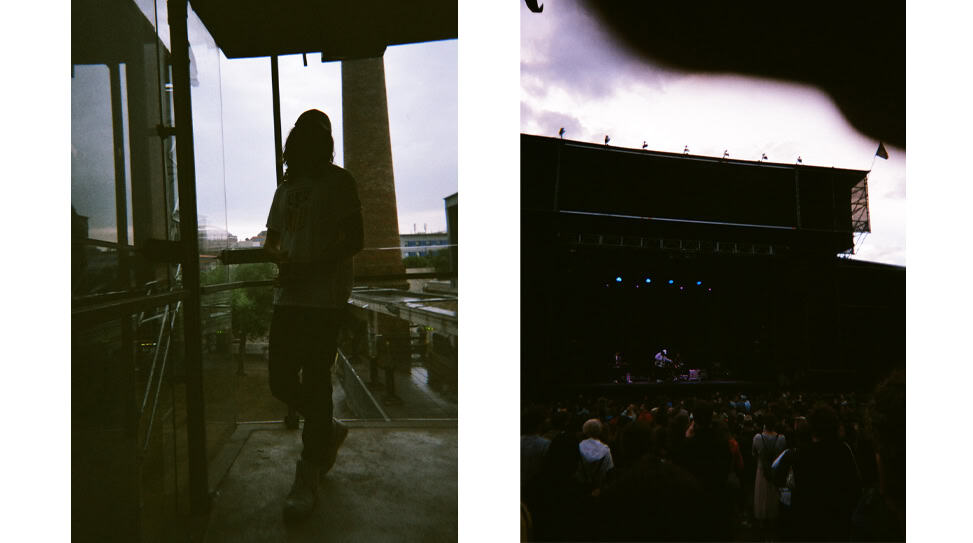

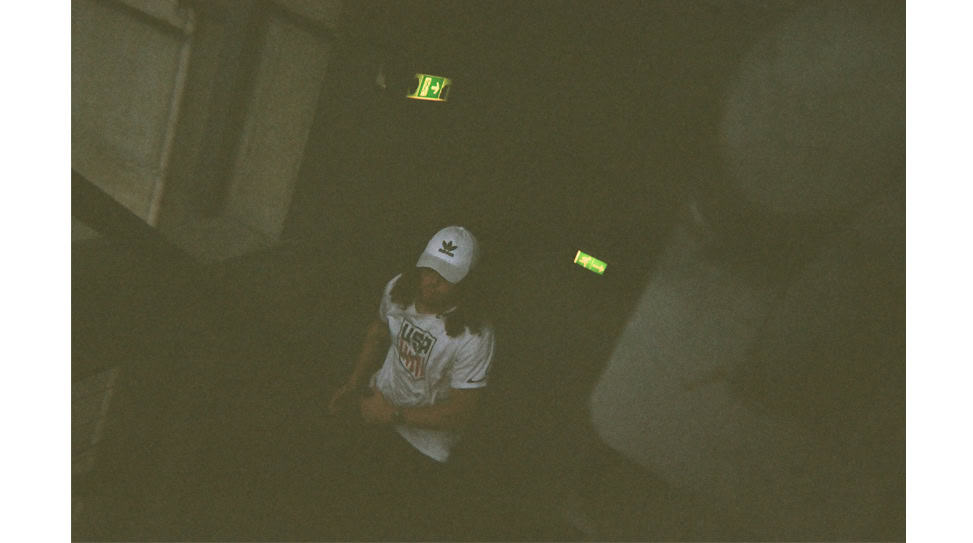
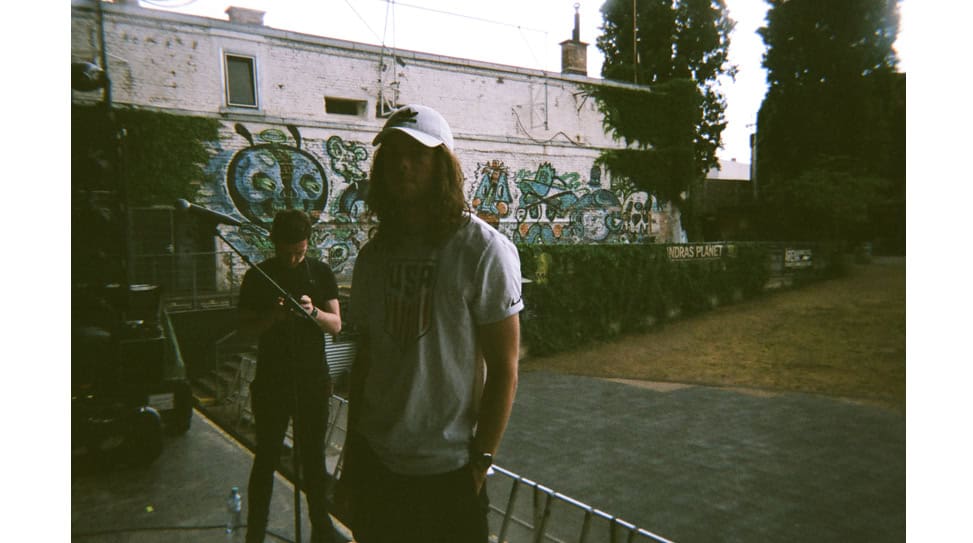
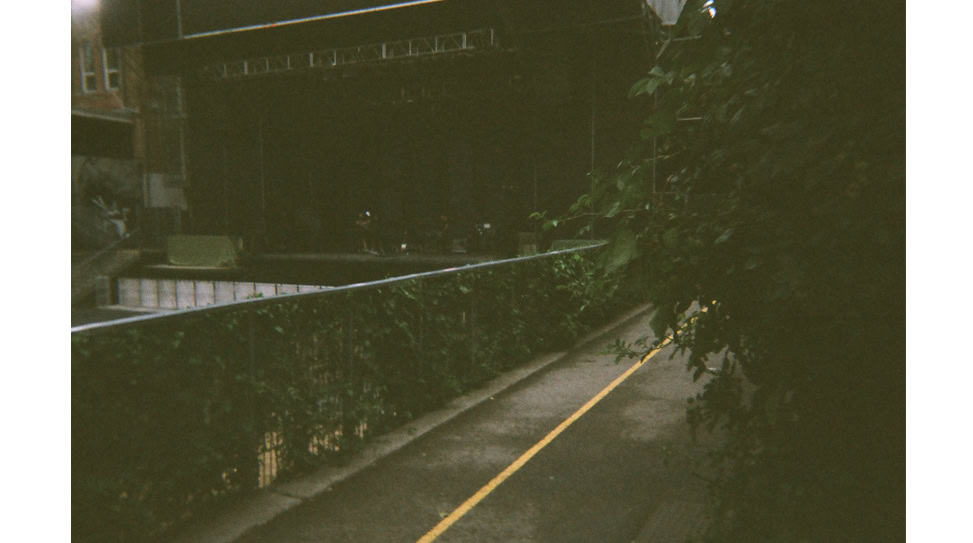
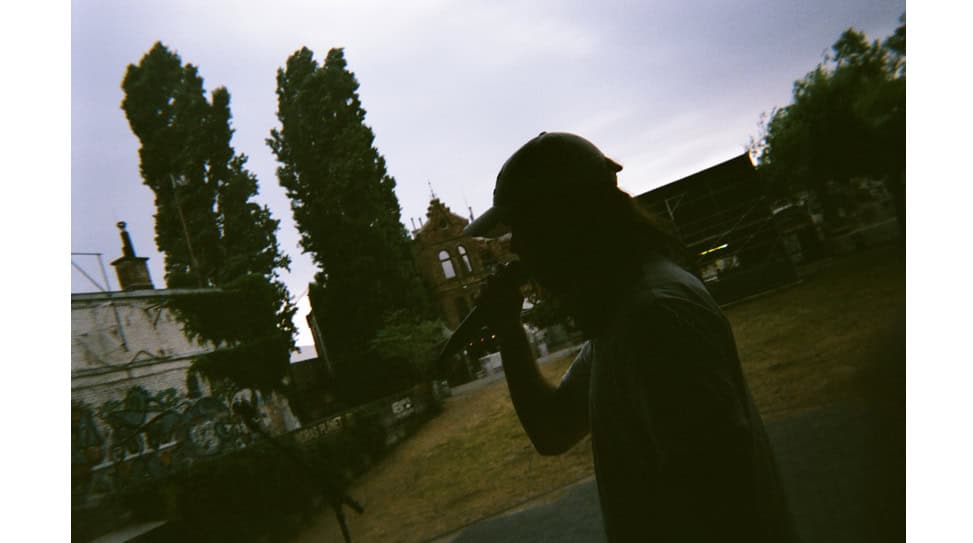
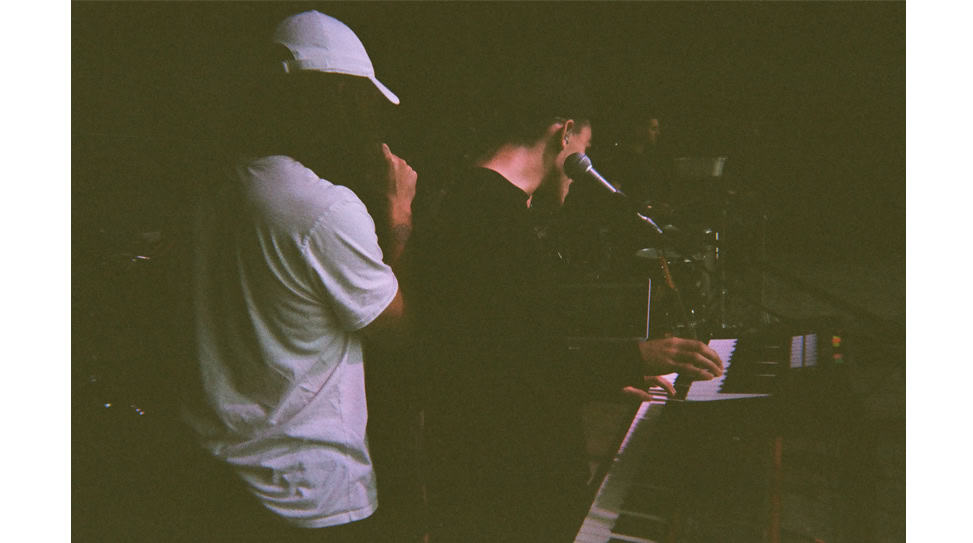
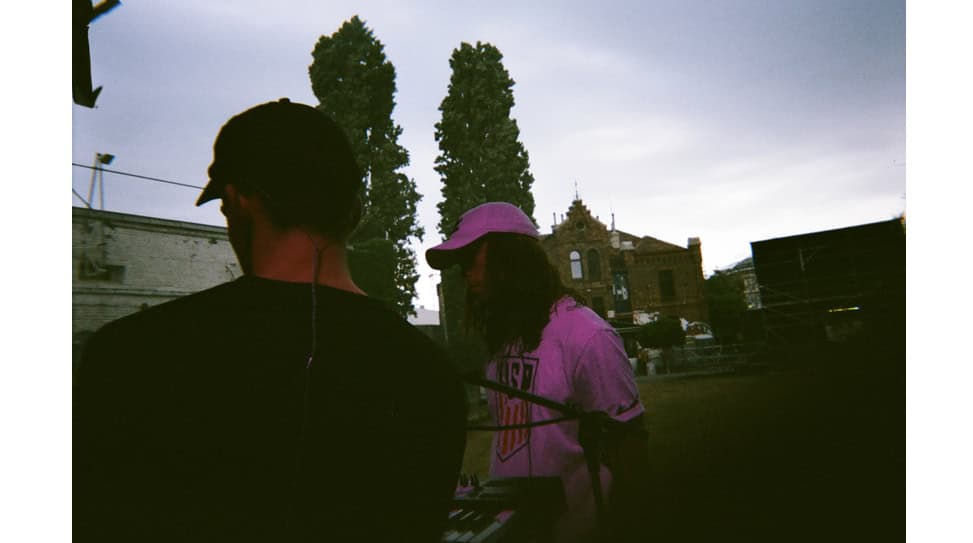
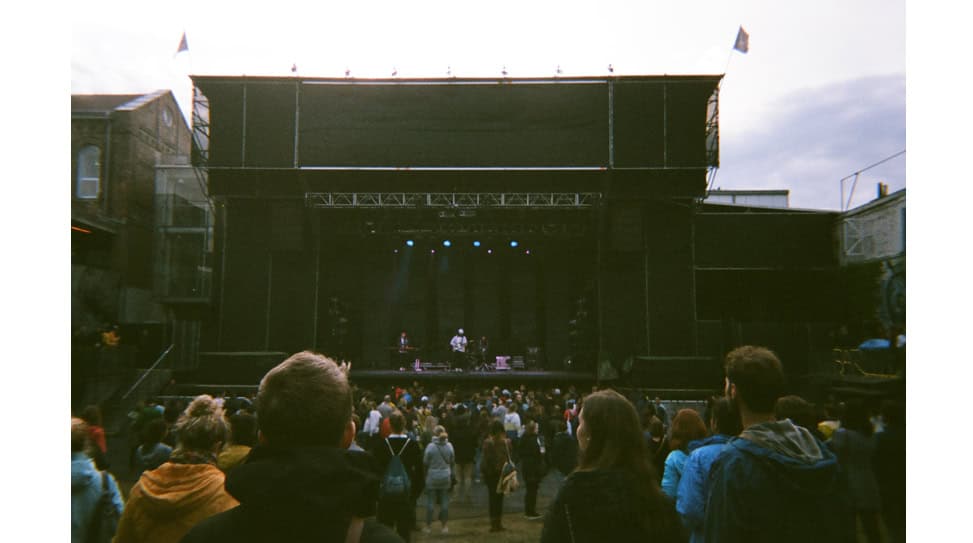
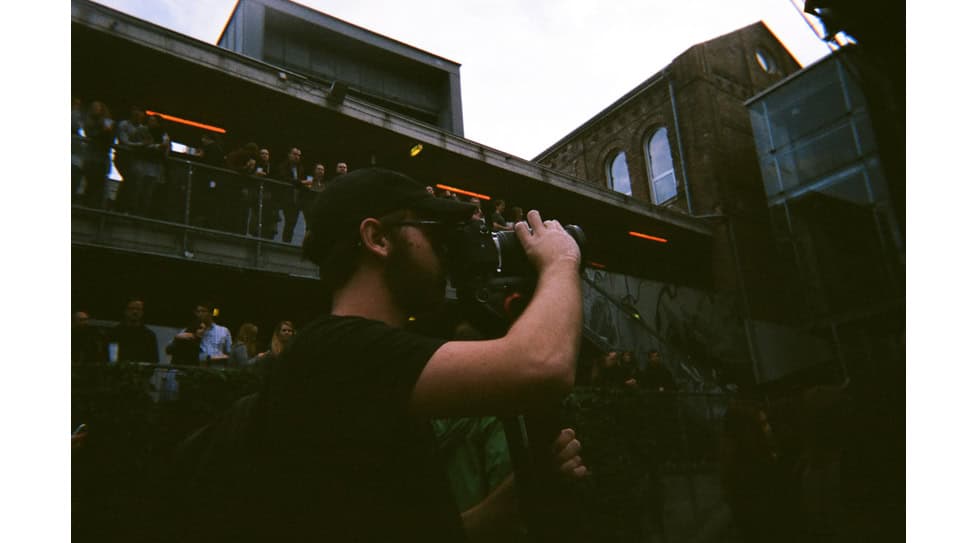
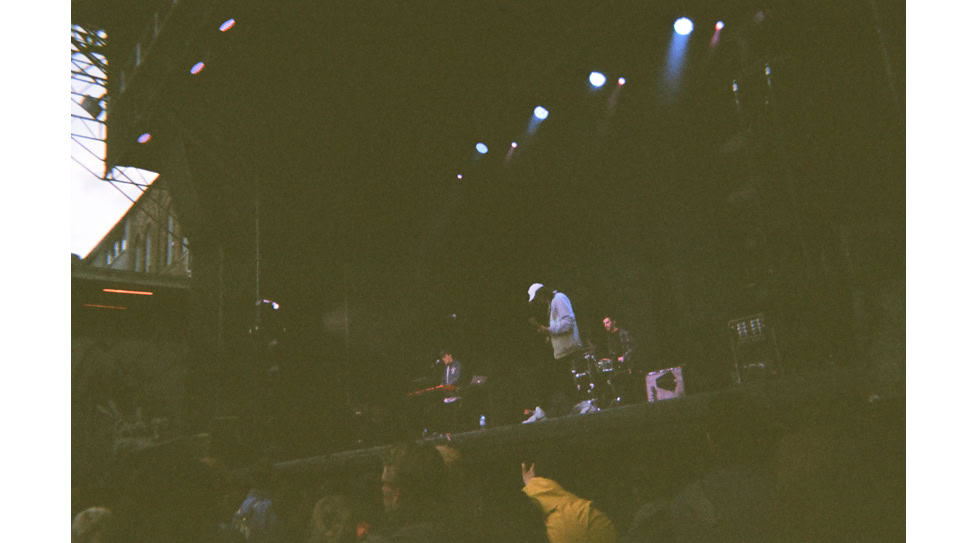
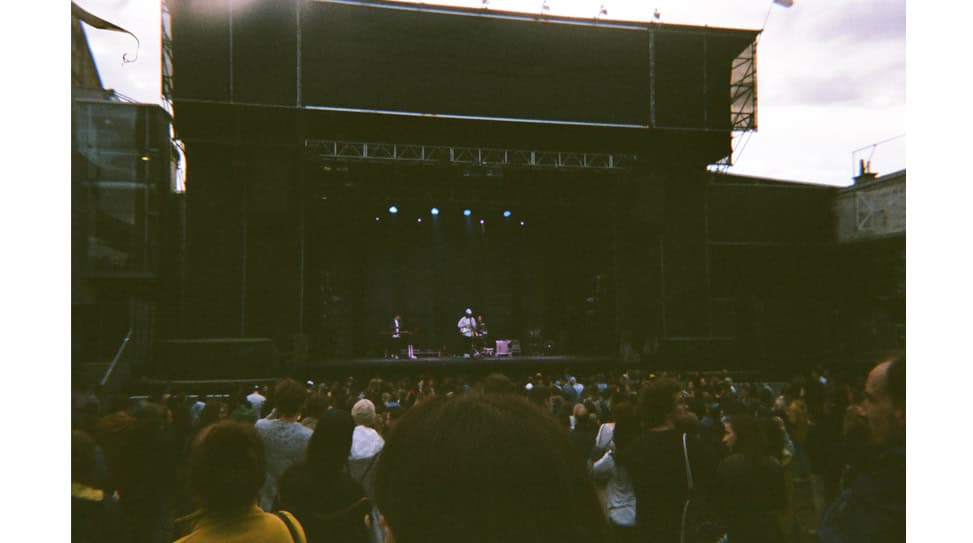
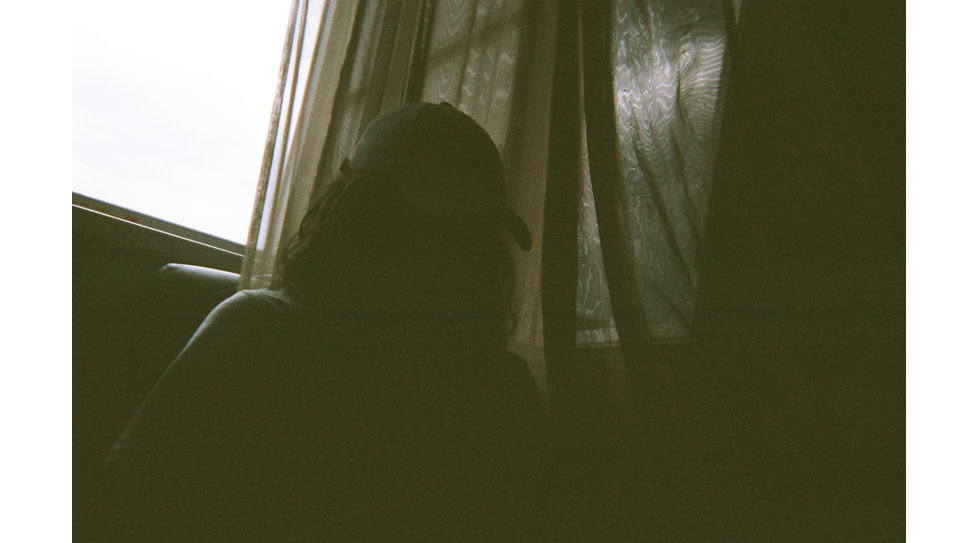
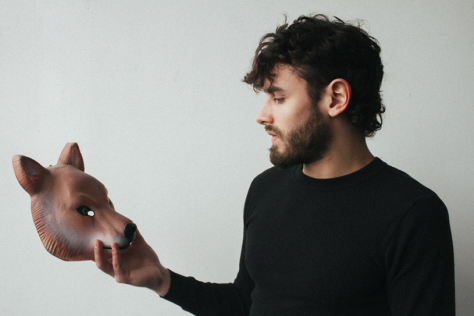 Vital Stats: Allan Rayman
Vital Stats: Allan Rayman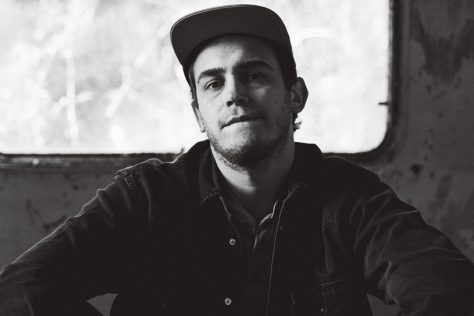 American Spirit: Henry Grace
American Spirit: Henry Grace
No Comments